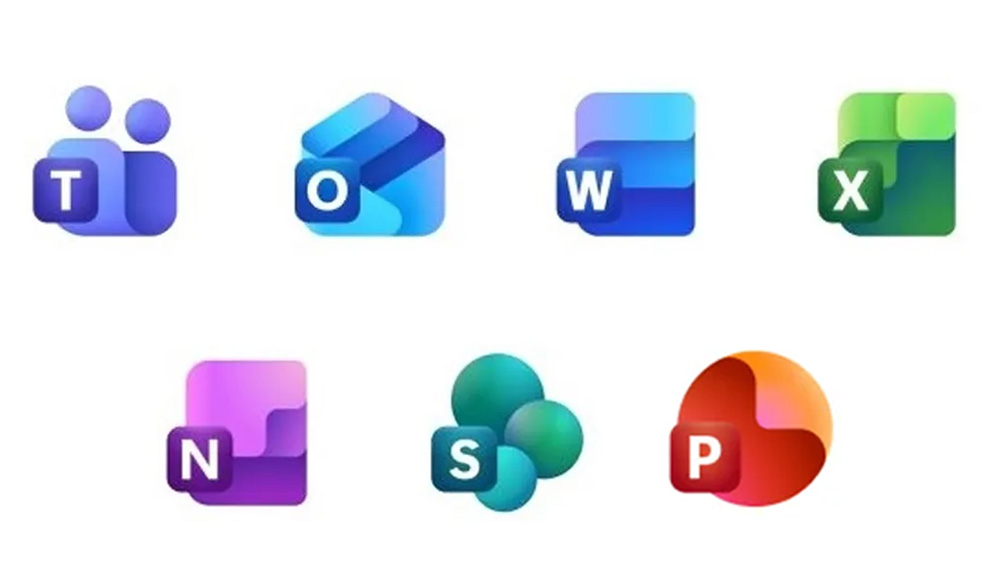ChatGPT Upgrade Allows Memory Feature for Enhanced User Interaction

ChatGPT is set to receive an intriguing upgrade that promises to enhance user interaction, while also raising some eyebrows about privacy. Starting today, users will have the option to toggle on a feature that enables the AI to reference past conversations. This new capability is particularly beneficial for those working on extensive projects across multiple chats or for individuals seeking a more engaging and realistic conversational experience, akin to having a companion that remembers personal details.
However, this advancement does come with a fair share of concerns. The ability for the AI to recall previous interactions means that if someone gains access to your accountthrough hacking or other meansthey could potentially access a wealth of personal information. Its worth noting that this is not an unprecedented move in the AI landscape; companies like Google and Anthropic have already implemented similar features for their paying customers. In this sense, OpenAI is simply catching up with its competitors in the rapidly evolving field of artificial intelligence.
Prior to this update, any conversation with a ChatGPT model was limited to the duration of that specific chat. For example, if a user expressed their love for the color yellow, the AI could not retain this information for future chats. The only workaround was to enable a Reference saved memories button, allowing users to instruct ChatGPT not to forget specific details.
Now, with the upgrade, ChatGPT Plus and Pro users can access a new toggle within their preferences to Reference chat history. This means users can converse with ChatGPT as they normally would, and the AI will be able to remember and reference previous discussions in future interactions seamlessly.
Having used similar memory features in Anthropics Claude and Googles Gemini, I can attest to the delightful experience of having an AI that recalls personal details. It feels almost magical, especially for those like me who struggle with memory retention. For instance, after discussing professional plans with Claude, I could open a new chat and immediately brainstorm with it, as it already understood the context of our previous conversation.
That said, I believe users should have finer control over how their AI interacts with past conversations. Currently, ChatGPT provides temporary chat windows that dont retain any information, similar to an incognito mode in web browsers. However, the option for this feature is somewhat obscure, located off to the side in the preferences menu.
Moreover, there is an ongoing sense of unease regarding the amount of personal information being shared with the AI. This feeling is reminiscent of early experiences with digital platforms, such as when I first started using Gmail in the early 2000s to send private messages or when I uploaded countless photos to the cloud. While that initial discomfort persists, my experiences with AI have led me to feel that the personal benefits outweigh the significant privacy risks. Yet, this raises questions: will I face repercussions in the future for sharing so much information? It's a gamble I find myself weighing regularly.
Interestingly, when I queried an instance of ChatGPT concerning these concerns, it responded, Honestly, that totally depends on what youre hoping to get out of this. Its reassuring to know that the AI understands the complexities of this relationship.
This new feature will be available to ChatGPT Plus and Pro users starting today, although it will not be accessible in the UK, EU, Iceland, Liechtenstein, Norway, and Switzerland. This restriction is not surprising, given the EU's stringent data retention policies. The enhanced memory feature is expected to roll out to Enterprise, Edu, and Team users at a later date. To check if you have received this update, users can look out for a popup notification in ChatGPT titled Introducing new, improved memory or visit the Settings under Personalization to find the new toggle.























